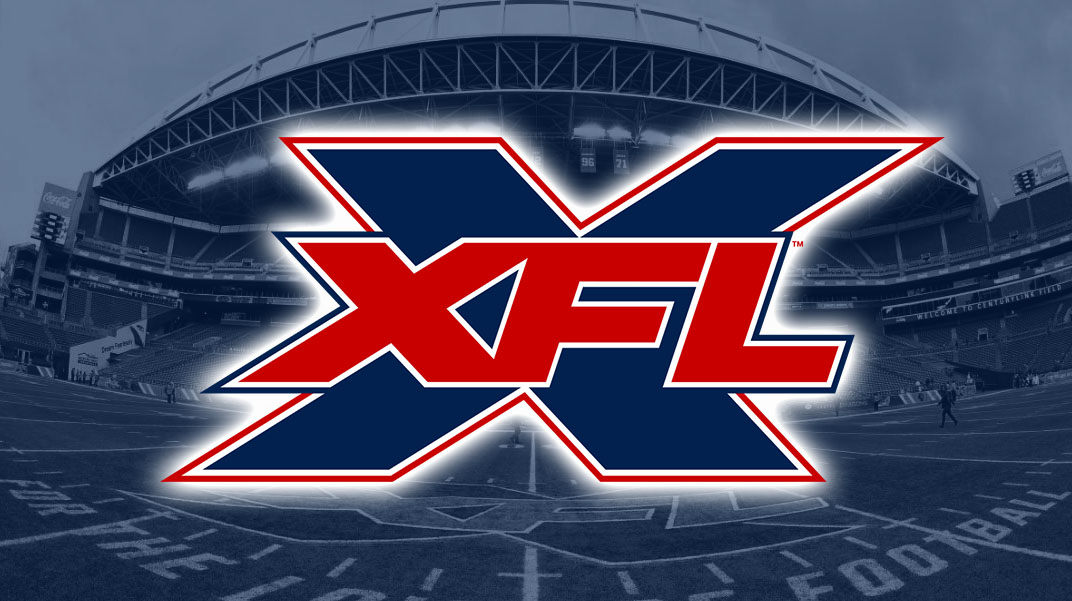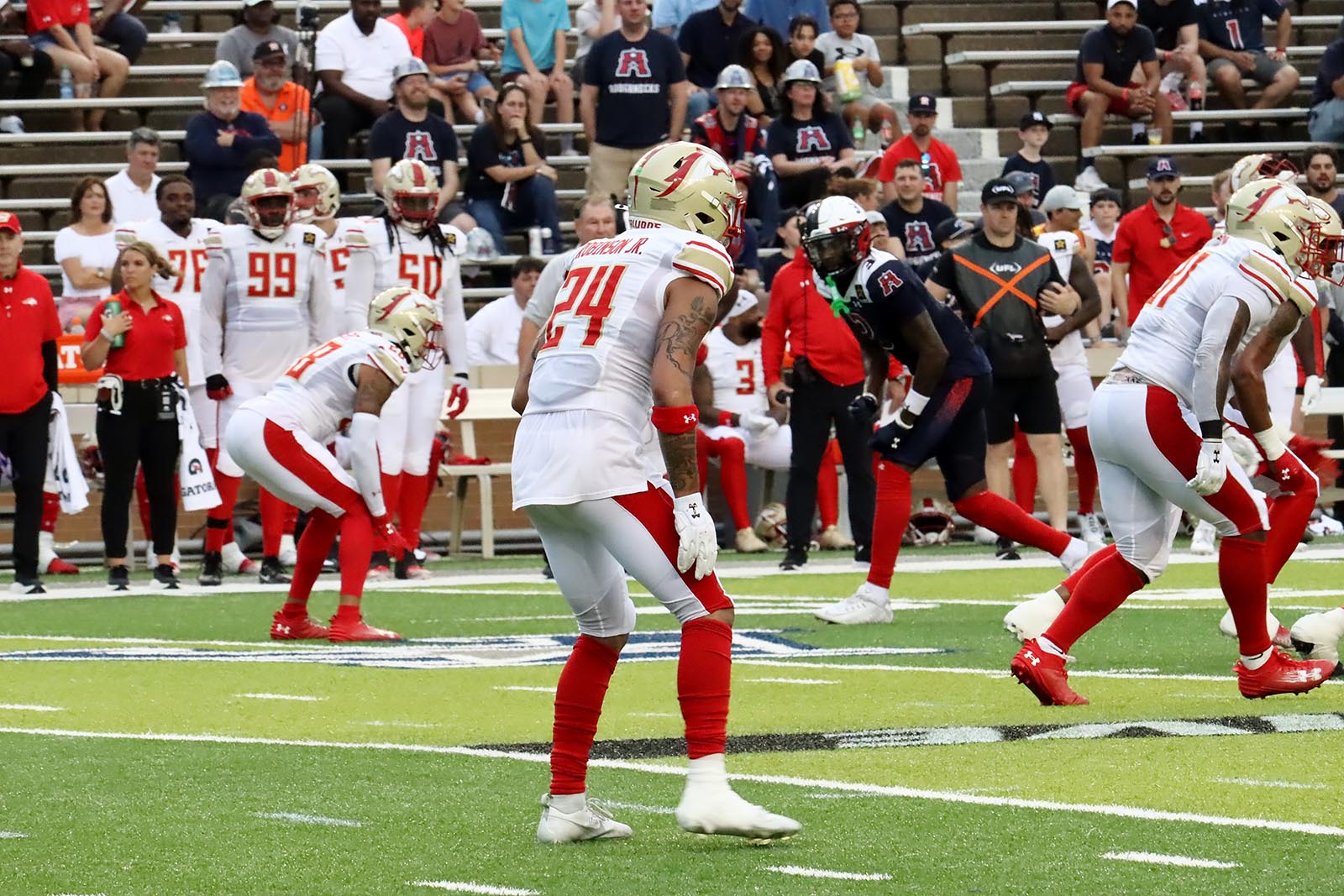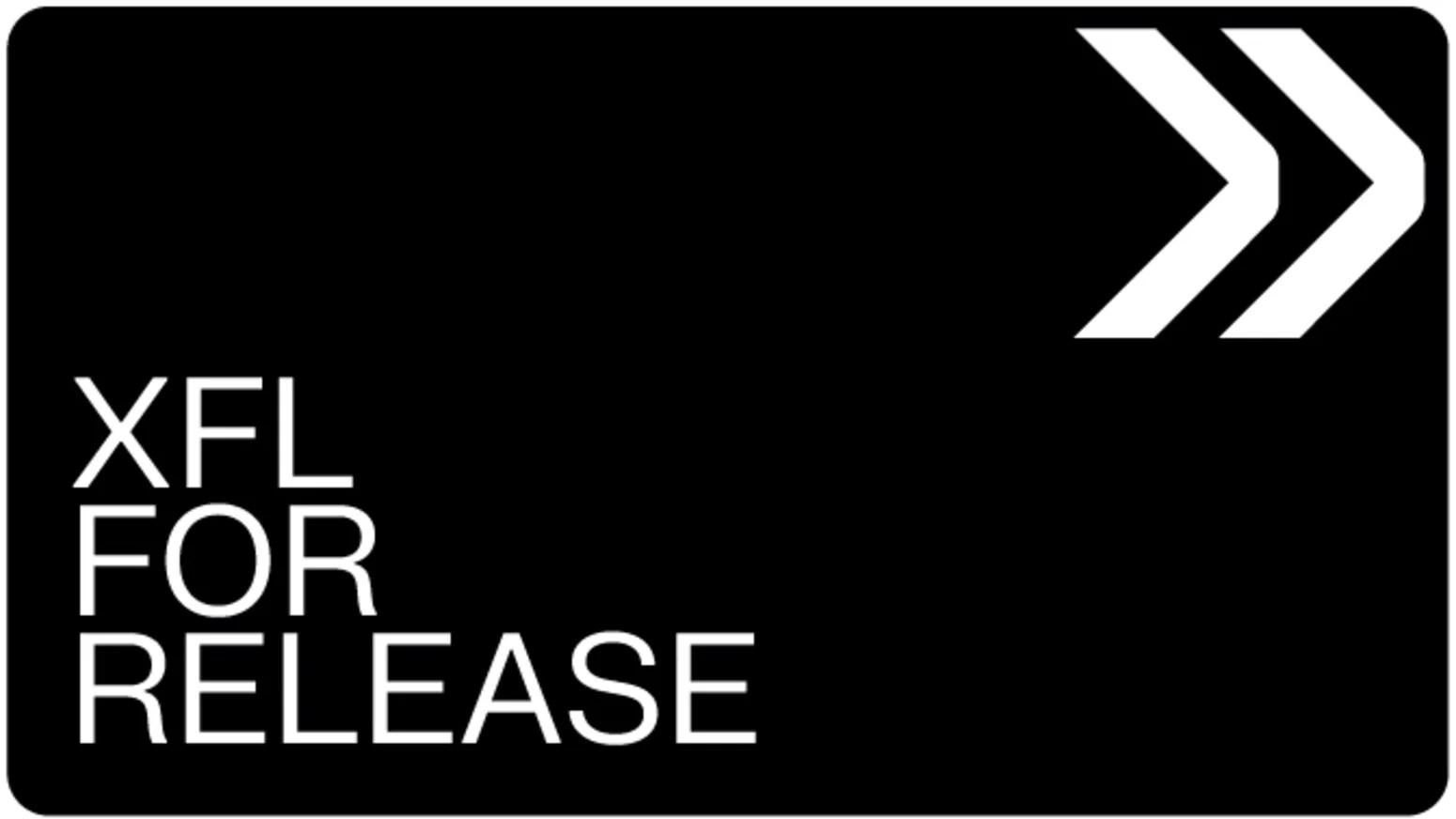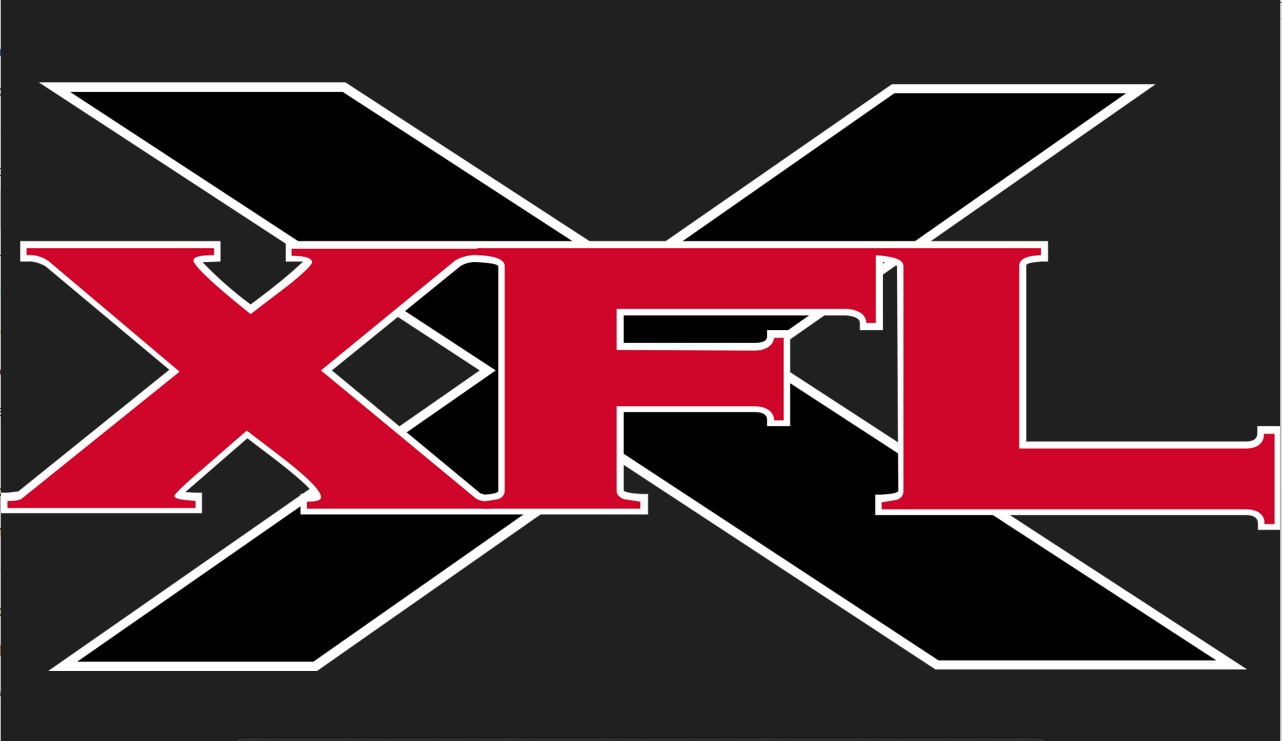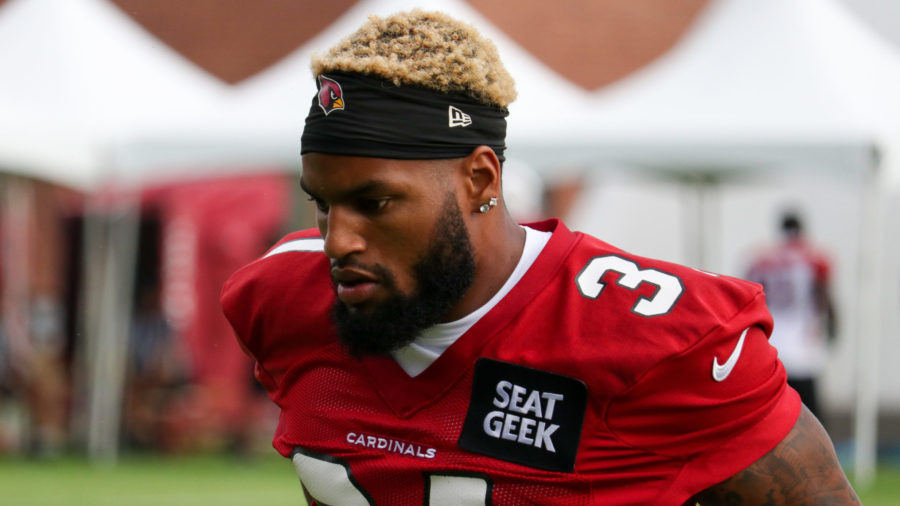
As of early 2023, more than 30 states and the District of Columbia have legalized sports betting. What was once a vice that was only legal in Nevada and done cloak-and-dagger elsewhere has become part of the fabric of the sports landscape. The 2018 U.S. Supreme Court ruling that allowed individual states to legalize gambling within their borders has permitted betting to seep into the mainstream.
Sports leagues have benefited greatly from the legalization of this type of betting. The American Gaming Association predicted that the NFL could see its revenue increase by as much as $2.3 billion because of it. In 2020, the XFL became one of the first pro sports leagues to really embrace sports betting on its television broadcasts. That continued through the 2023 version, with frequent discussion of live lines and over/under.
The proliferation of gambling has put active players in the cross-hairs. The NFL has made it clear that players are not allowed to bet on anything related to the league, though they are allowed to bet on other sports. Players are also not allowed to place bets while in team facilities or while otherwise on the job. The sanctity of the game is on the line – the largest sports entity in America could be at risk if fans get the idea that players (or officials or coaches for that matter) may be on the take.
The NFL has reacted swiftly to players who have broken those rules set by the league. Then-Atlanta Falcons wide receiver Calvin Ridley was the first, forced to sit out the entire 2022 season. The suspension was announced as “indefinite” when the punishment was handed down in March 2022, but he was reinstated almost a year later. The message from the NFL was clear: Challenge the rules laid out and there will be severe repercussions.
That was not a deterrent for everyone, however. Five players were suspended this April and another four in June for similar gambling-related infractions. While Ridley was eventually traded to the Jacksonville Jaguars and remains on an NFL roster, teams are quicker to cut ties with violators this year (at least, those who were already on the fringes of the roster). WRs Stanley Berryhill and Quintez Cephus, along with S CJ Moore, were all let go by the Detroit Lions in the wake of their suspensions. CB Isaiah Rodgers and DE Rashod Berry, among the violators made public in June, were subsequently released by the Indianapolis Colts. A third, DE Demetrius Taylor, was already a free agent at the time of his suspension.
The XFL has proven they will leave no stone unturned to seek top talent for its eight teams. The six current NFL free agents under one-year suspensions would be among the best players the league could acquire. After all, it’s clear the only reason they are currently available is because of their suspensions; otherwise, they’d be heading to training camp with their respective teams within the next week or so. There must be discussions occurring within the XFL league offices about potentially pursuing these players for the 2024 campaign.
There is precedence in the XFL for this: While under a 10-game NFL suspension for using a tainted CBD product, WR Antonio Callaway was signed by the Tampa Bay Vipers for the 2020 season. Callaway ended up getting hurt in practice and never suited up for the Vipers (his signing apparently weakened ties between Vince McMahon and Commissioner Oliver Luck, as laid out in the court battle between Luck and McMahon). Several members of the XFL’s current player personnel department, including Doug Whaley and Russ Giglio, were a part of the XFL in 2020. That doesn’t necessarily mean they personally signed off on the Callaway signing, though it makes it seem more likely this version of the league would be open to adding players under NFL suspension.
The benefit is obvious: Higher quality of on-field play, something the XFL and its teams should be striving for every year. Pursuing these players doesn’t come without downsides, however. The optics of bringing aboard players suspended for gambling, threatening the legitimacy of the game itself, is not what a league that is trying to gain respectability in the sports marketplace may want to deal with. Ownership may not want to invite questions about how the XFL will police gambling among its players, an issue that they’ve otherwise been able to skirt thus far.
Though the XFL’s partnership with the NFL is loose, will they want to risk what they have now – and the potential to be even deeper partners in the future – by signing these players? The XFL in 2020 had no association with the NFL and could therefore sign Callaway without any qualms. At the very least, if the XFL is looking into allowing these players a place to play in 2024, they should check with the NFL first. Who knows, the NFL may be fine with it. But it’s an added layer to consider.
Of course, interest is a two-way street: These six players may be happy working out on their own or at a facility rather than risk serious injury playing in the XFL. The positive is they’d stay in game shape and earn money for a relatively short season of work. For several of them, the XFL’s season will be coming to a close right about the time they’d be applying for reinstatement (all six are indefinite suspensions of at least one year, but following the Ridley model, they’re likely to be reinstated after one year provided they stay out of trouble).
The XFL should be, and is, looking at every avenue available to add quality players to the league. Cephus, Moore, Berryhill, Berry, Rodgers, and Taylor are among the best talent the XFL could acquire. They must, however, consider the cost of signing those now, and in the future (and there will be others), who are under NFL suspension. As an alternative football league that has already shut down twice, the XFL is trying to rebuild its reputation in the sports community. How these signings, if made, will be seen among the broader fans and media at-large is something league executives must weigh in this process.



